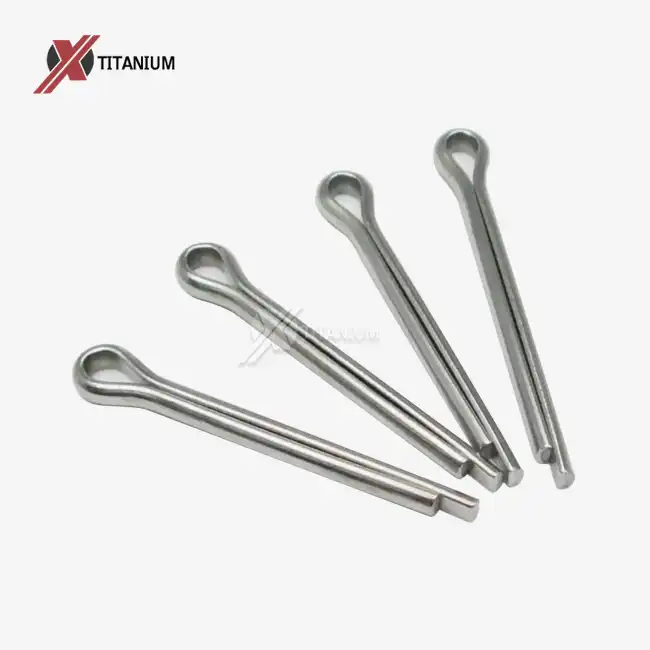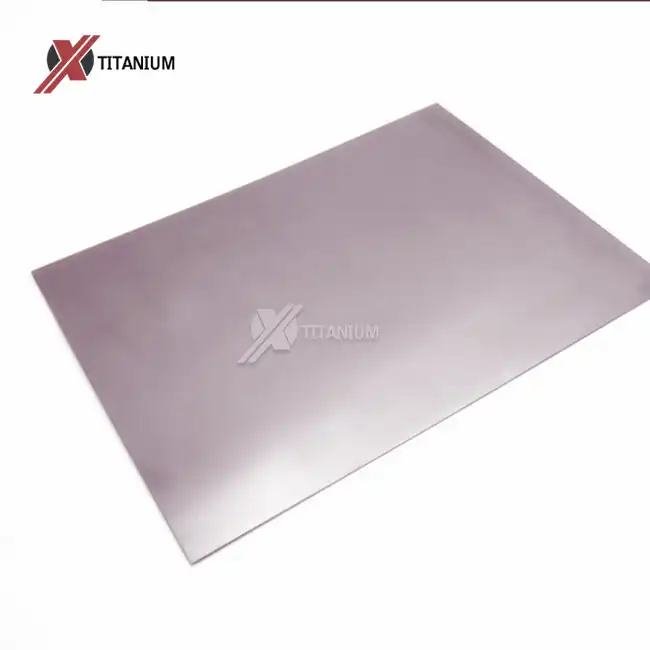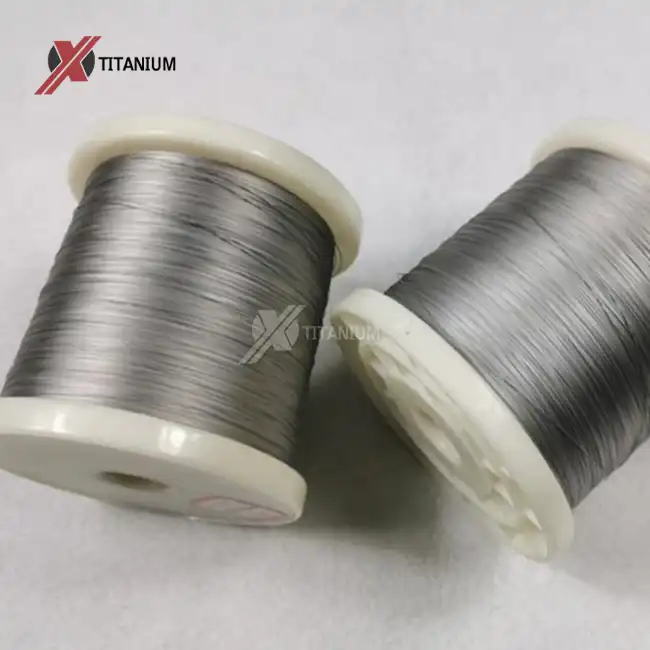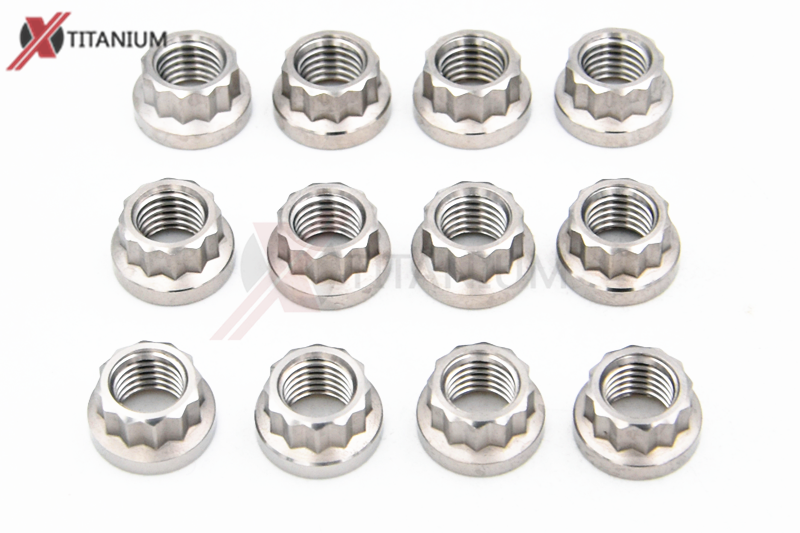- English
- French
- German
- Portuguese
- Spanish
- Russian
- Japanese
- Korean
- Arabic
- Greek
- German
- Turkish
- Italian
- Danish
- Romanian
- Indonesian
- Czech
- Afrikaans
- Swedish
- Polish
- Basque
- Catalan
- Esperanto
- Hindi
- Lao
- Albanian
- Amharic
- Armenian
- Azerbaijani
- Belarusian
- Bengali
- Bosnian
- Bulgarian
- Cebuano
- Chichewa
- Corsican
- Croatian
- Dutch
- Estonian
- Filipino
- Finnish
- Frisian
- Galician
- Georgian
- Gujarati
- Haitian
- Hausa
- Hawaiian
- Hebrew
- Hmong
- Hungarian
- Icelandic
- Igbo
- Javanese
- Kannada
- Kazakh
- Khmer
- Kurdish
- Kyrgyz
- Latin
- Latvian
- Lithuanian
- Luxembou..
- Macedonian
- Malagasy
- Malay
- Malayalam
- Maltese
- Maori
- Marathi
- Mongolian
- Burmese
- Nepali
- Norwegian
- Pashto
- Persian
- Punjabi
- Serbian
- Sesotho
- Sinhala
- Slovak
- Slovenian
- Somali
- Samoan
- Scots Gaelic
- Shona
- Sindhi
- Sundanese
- Swahili
- Tajik
- Tamil
- Telugu
- Thai
- Ukrainian
- Urdu
- Uzbek
- Vietnamese
- Welsh
- Xhosa
- Yiddish
- Yoruba
- Zulu
Why Are Titanium Alloy Bolts the Preferred Choice in High-Performance Engineering?
Titanium alloy bolts have rapidly become a staple in numerous industries—from aerospace and motorsport to marine engineering and medical equipment. These advanced fasteners are chosen not only for their high strength-to-weight ratio but also for their exceptional corrosion resistance and fatigue performance. But why exactly are they the go-to choice in high-performance settings?
How Long Do Titanium Alloy Bolts Last Compared to Steel Bolts?
When it comes to longevity, titanium alloy bolts are in a league of their own. While high-strength carbon and stainless steel bolts are commonly used in mainstream industrial and construction settings, they often require coatings or treatments to withstand environmental wear. Titanium alloys, on the other hand, offer natural resistance to corrosion and oxidation—even under extreme conditions.
Corrosion Resistance
Titanium alloys form a self-healing oxide layer (TiO₂) when exposed to oxygen, providing excellent protection against corrosion. This oxide layer regenerates if scratched or damaged, which is crucial in marine, chemical, and aerospace environments where materials are frequently exposed to:
-
Saltwater
-
Acids
-
Alkalis
-
High humidity
-
Industrial pollutants
Comparatively, steel bolts—even stainless variants—are susceptible to pitting, crevice corrosion, or stress corrosion cracking over time, particularly in chloride-rich or acidic environments.
Service Life Comparison
| Material | Expected Service Life in Marine Environment | Expected Service Life in Industrial Applications |
|---|---|---|
| Carbon Steel Bolt | 1–3 years (with coating) | 2–5 years (with maintenance) |
| Stainless Steel Bolt | 5–10 years (depending on grade) | 10–15 years |
| Titanium Alloy Bolt | 30+ years | 30–50+ years |
Titanium bolts not only last longer—they maintain structural integrity for decades, which dramatically reduces maintenance frequency, downtime, and long-term operational costs.
Mechanical Fatigue Resistance
In addition to corrosion resistance, titanium alloy bolts show superior resistance to fatigue and crack propagation. This property is essential in applications that experience repetitive or cyclic loads, such as aircraft fuselages, racing car suspensions, or offshore drilling platforms.
Can Titanium Alloy Bolts Be Used in High-Temperature Environments?
Titanium alloys, particularly Ti-6Al-4V (Grade 5), are known for their ability to withstand elevated temperatures without significant loss of mechanical properties. This makes them suitable for use in high-temperature industrial, aerospace, and automotive environments.
Thermal Stability
Titanium alloy bolts retain their tensile strength and dimensional stability up to 400–600°C, depending on the alloy composition and heat treatment. For example:
-
Ti-6Al-4V maintains its mechanical properties up to 400°C
-
Ti-6Al-2Sn-4Zr-2Mo (Ti-6242) can withstand up to 550–600°C, making it ideal for aero-engine components
This temperature resistance makes titanium alloy bolts a popular choice in:
-
Jet engine assemblies
-
Turbine casings
-
Exhaust systems in race cars
-
Heat exchangers in chemical plants
Comparison of High-Temperature Performance
| Property | Titanium Alloy (Grade 5) | Stainless Steel (316L) | Carbon Steel |
|---|---|---|---|
| Maximum Service Temp (°C) | 400–600 | 300–350 | 200–250 |
| Tensile Strength @ 300°C | 860 MPa | 510 MPa | 390 MPa |
| Oxidation Resistance | Excellent | Good | Poor |
| Structural Integrity @ Heat | High | Moderate | Low |
Titanium alloys perform especially well when both temperature and chemical exposure are present, making them indispensable in high-tech sectors.
What Industries Benefit Most from Titanium Alloy Bolts?
Titanium alloy bolts are widely used in sectors where lightweight strength, corrosion resistance, and heat resilience are non-negotiable. Let’s examine some of the key industries and how they benefit:
Aerospace
Perhaps the most iconic application of titanium alloy bolts is in the aerospace sector. Every gram matters in aviation. By using titanium alloy bolts instead of steel, manufacturers achieve:
-
Weight reduction without compromising strength
-
High fatigue life in fuselage, wing, and engine assemblies
-
Resistance to oxidation and stress under high altitudes
In fact, a modern commercial aircraft may contain over 1,000 kg of titanium components, much of which are fasteners like bolts, nuts, and screws.
Motorsports & High-Performance Automotive
In Formula 1 and other elite racing categories, titanium alloy bolts are used in:
-
Suspension linkages
-
Wheel hubs
-
Engine covers
-
Brake systems
These bolts offer significant unsprung weight reduction, faster acceleration, and more responsive steering, translating directly into improved lap times and vehicle control.
Marine Engineering
Saltwater is the bane of most metals—but not titanium. In offshore oil platforms, submarines, and yachts, titanium alloy bolts are favored for:
-
Long-term corrosion resistance
-
No need for protective coatings
-
Minimal maintenance in harsh sea conditions
Medical Devices & Implants
Thanks to their biocompatibility, titanium alloys are used in:
-
Orthopedic implants
-
Surgical fasteners
-
Dental hardware
Titanium alloy bolts in these applications must be not only strong but also inert and non-reactive inside the human body.
Chemical Processing
In industrial plants where acids, bases, and solvents are handled daily, titanium fasteners are ideal due to their:
-
Resistance to HCl, HNO₃, and other corrosive agents
-
Non-contaminating surface
-
Longevity despite chemical exposure
Material Science Behind Titanium Alloy Bolts
The most commonly used titanium alloys in fasteners include:
-
Ti-6Al-4V (Grade 5): The workhorse alloy; excellent for general engineering
-
Ti-6Al-7Nb: Preferred in medical applications
-
Ti-6242: Used in aerospace engine parts for high-temperature endurance
These alloys offer a blend of alpha and beta phases, balancing ductility, strength, and corrosion resistance. They are often hot forged, CNC machined, and vacuum heat treated to maximize structural performance.
Pros and Cons Summary
| Advantages | Limitations |
|---|---|
| Exceptional corrosion resistance | Higher initial cost |
| High strength-to-weight ratio | Susceptible to galling if not lubricated |
| Excellent fatigue performance | Specialized machining and tooling required |
| Biocompatible for medical use | Not ideal for extreme impact/shear loads |
| Thermal and chemical resistance | Limited availability in some markets |
Conclusion
So, why are titanium alloy bolts the preferred choice in high-performance engineering?
Because they offer a rare combination of mechanical superiority, environmental durability, and long-term economic value. From satellites orbiting the Earth to race cars breaking speed records and implants healing the human body—titanium alloy bolts are quietly holding the world together.
If your application demands long service life, chemical resilience, weight reduction, and thermal endurance, then upgrading to titanium alloy bolts is more than justified—it’s a strategic investment.
References
-
Li, H.M. & Zhao, W. (2022). "Mechanical Properties and Thermal Stability of Titanium Alloys". Materials Science International, 49(6), 332–345.
-
Thompson, G.E., et al. (2021). "Corrosion Resistance of Titanium Alloys in Aggressive Environments". Corrosion Engineering Journal, 39(4), 189–204.
-
Martin, D.J. (2020). "Applications of Titanium in Aerospace Structures". Journal of Aerospace Materials, 15(2), 100–118.
-
Singh, R. & Kumar, P. (2019). "Advanced Manufacturing of Titanium Alloy Fasteners". International Journal of Precision Engineering, 44(7), 456–473.
-
Wang, Y., et al. (2023). "Biocompatibility and Fatigue Performance of Titanium-Based Medical Fasteners". Biomedical Materials Research, 17(1), 55–70.
Learn about our latest products and discounts through SMS or email



